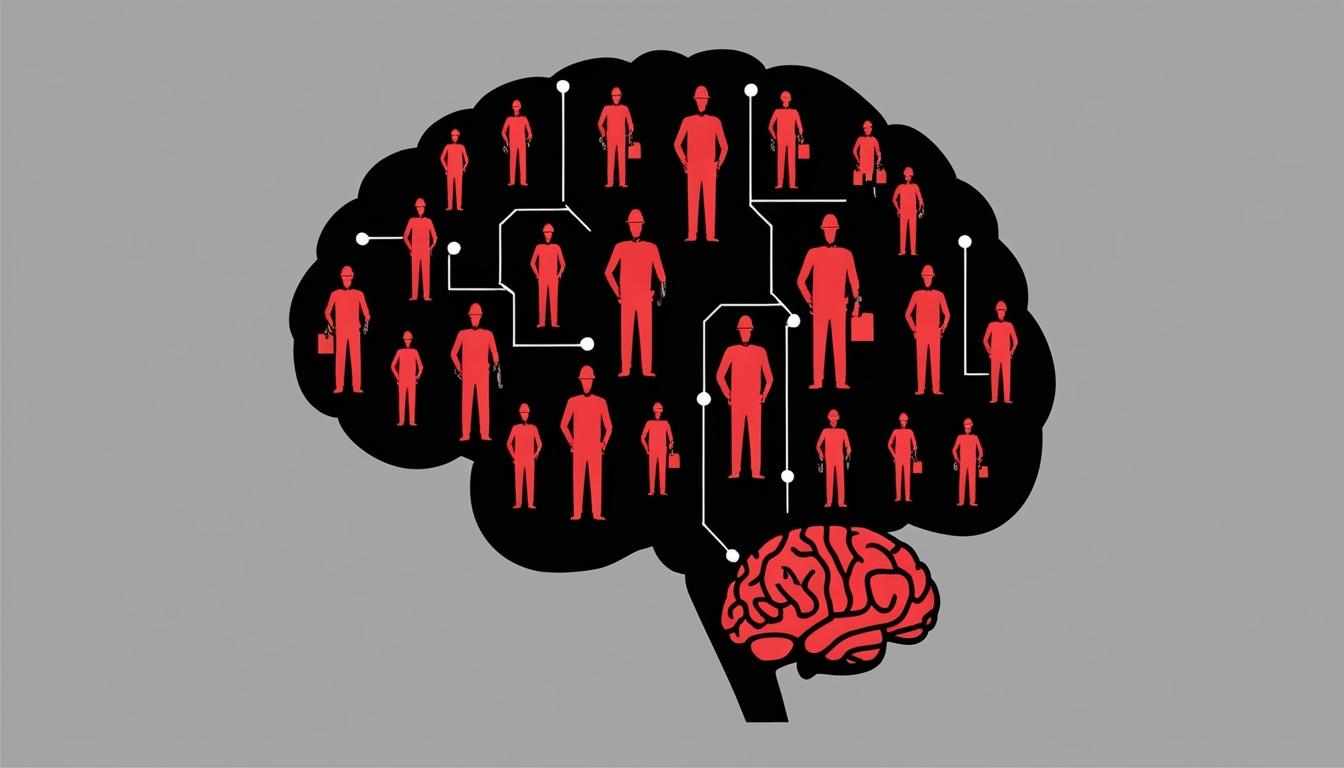A significant development in the realm of employment is drawing attention as a new survey indicates that approximately 40% of employers globally are considering workforce reductions due to the capabilities of artificial intelligence (AI) in automating various tasks. This trend is particularly expected to affect roles such as postal clerks, secretaries, and payroll clerks, which are among those predicted to see the most rapid declines in employment numbers in the forthcoming years.
The impact of AI automation on job markets was highlighted in a report recently published by CNN. The survey indicates that businesses are increasingly looking to implement AI solutions to streamline operations and reduce reliance on human labour. This shift reflects a broader trend towards adopting emerging technologies that enhance efficiency and cut costs in various sectors, enhancing the push for automation.
While experts do acknowledge the transformative potential of AI for increasing productivity, the ramifications for the workforce are becoming a critical issue, sparking discussions about the implications for job security. The rapid pace of technological advancement creates a dual-edged sword scenario, where innovation could lead to the obsolescence of certain job roles while creating new opportunities in tech-driven fields.
In light of the ongoing evolution of workplace dynamics, many industries are focusing on upskilling existing employees to better align with an automated future. These initiatives aim to equip the workforce with skills pertinent to managing and working alongside AI systems, a crucial adjustment in response to this trend.
Predictions for future employment markets suggest that as AI continues to evolve, its integration into various business practices will likely redefine roles across numerous fields. Companies will inevitably need to navigate the complexities of these changes, balancing efficiency with the human elements of their operations, raising questions about how best to manage both human and technological resources.
The article underlines the need for businesses to prepare for these shifts proactively. With AI technology poised to reshape the workforce landscape broadly, organisations must consider strategies to mitigate the impact on their employees while capitalising on the benefits innovative technologies can bring.
Source: Noah Wire Services
